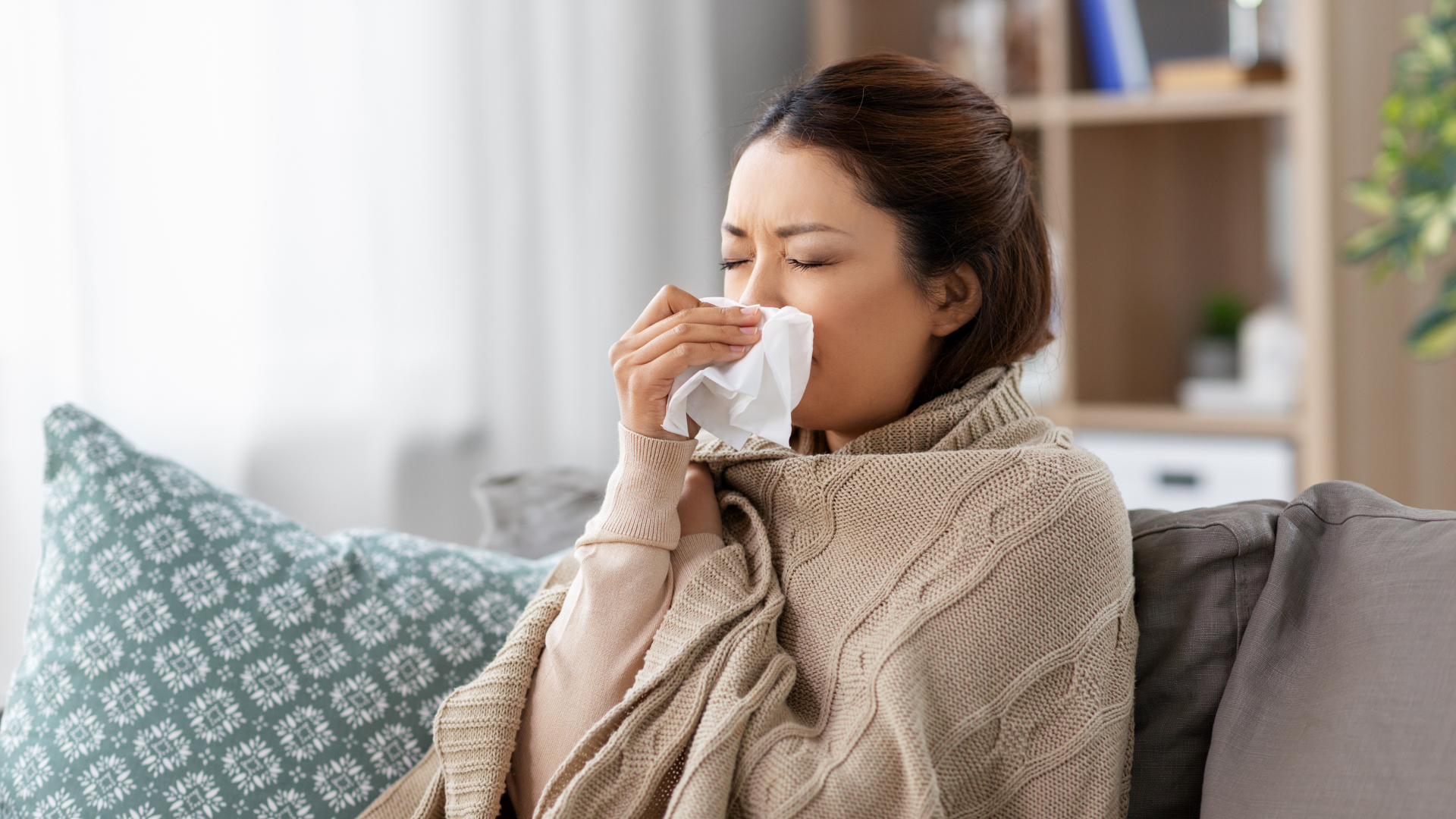
06 Dec Enjoy Most of Your Holidays and Prevent Seasonal Flu
The cold weather during the holiday season sometimes comes with infectious diseases such as cold, sore throat, or flu.
Seasonal flu is usually experienced from October through May. During this peak period, billions of cases of seasonal flu are reported every year, according to The World Health Organization.
During this peak, around five million are reporting severe influenza symptoms.
Seasonal Flu Symptoms
Cold, stuffy nose, and sore throat are the usual first symptoms of flu. Severe symptoms of flu include:
- Fever
- Cough
- Headache and muscle ache
- Sweating and chills
- Fatigue
Children tend to have other symptoms of flu such as vomiting, diarrhea, and ear pain, as compared to others.
COVID-19 and seasonal flu can have similarities when it comes to symptoms. However, seasonal flu does not have a loss of taste or smell as its symptoms, whereas COVID-19 patients sometimes experience it.
Seasonal flu and COVID-19 have similar risks of serious illness. However, the two illnesses are caused by different viruses.
You can get tested for COVID-19 if you suspect that it is more than just the flu.
People who are at high risk of developing severe flu include:
- Have asthma or other lung diseases
- Diseases of the liver, kidney, neurological, and blood vessels, including stroke
- Diabetes
- Immuno-compromised
- Higher BMI or obese
- Pregnant women
- People under 19 who take aspirin regularly
- People living in living facilities
Flu can be easily transmitted through direct or indirect contact with the infected person, especially if they have been coughing, sneezing, or talking near you.
You can also get infected by touching surfaces that have been contaminated by the virus.
Flu Prevention and Treatment
Flu vaccinations are available for people of all ages to prevent severe flu symptoms.
Older children and adults usually get their flu vaccine through their arm muscles while babies and younger children are injected in a thigh muscle.
However, you should consult your health care provider if you have previous adverse reactions to vaccines.
To control the spread of the virus, practice proper hygiene and handwashing. If you are living with someone with the flu, clean surfaces that they might have touched and avoid touching your hands and face.
If you have been infected with flu, cover your sneezes and coughs, then wash your hands.
Avoid crowded areas and stay at home if you are feeling sick.
An antiviral medication will be prescribed for your flu. It is also recommended to stay hydrated and get plenty of rest during this time.
If you have severe symptoms for longer than 48 hours, you should visit your doctor to avoid any complications.



